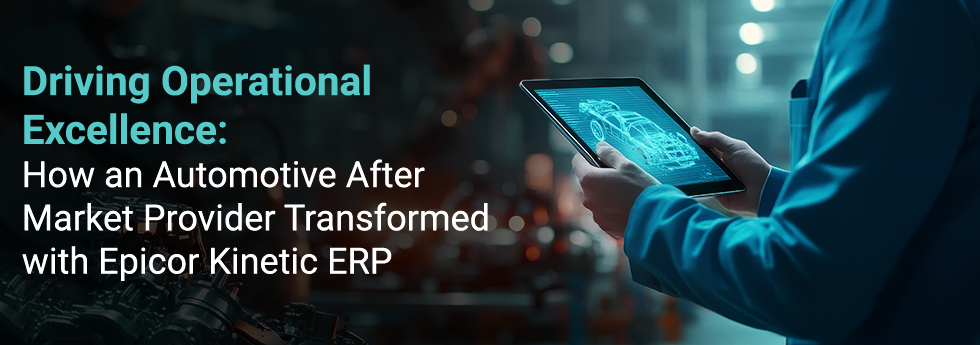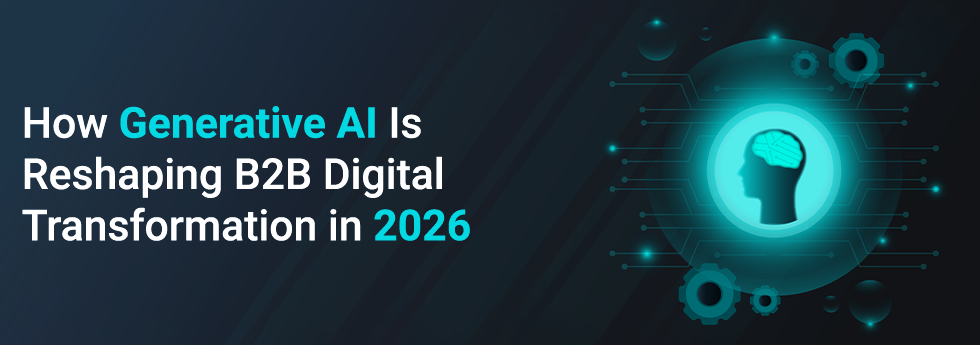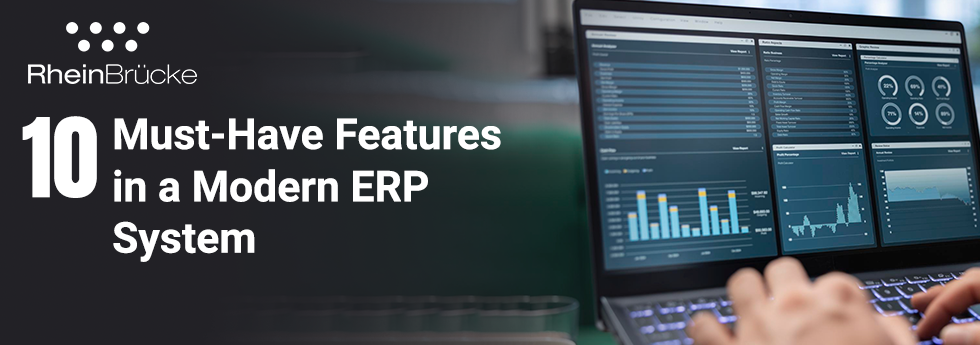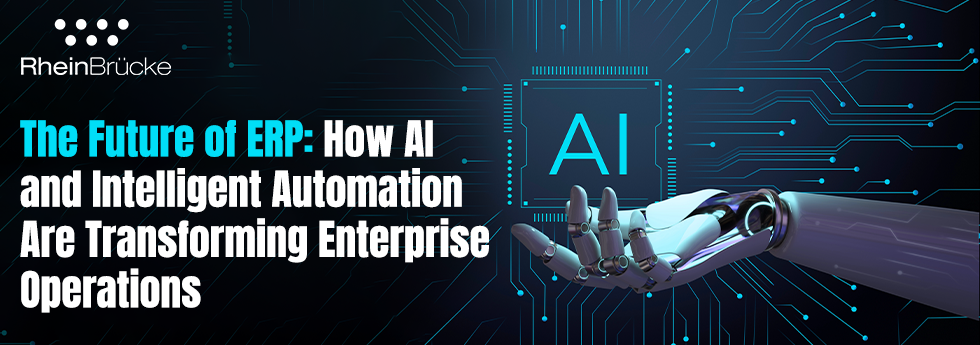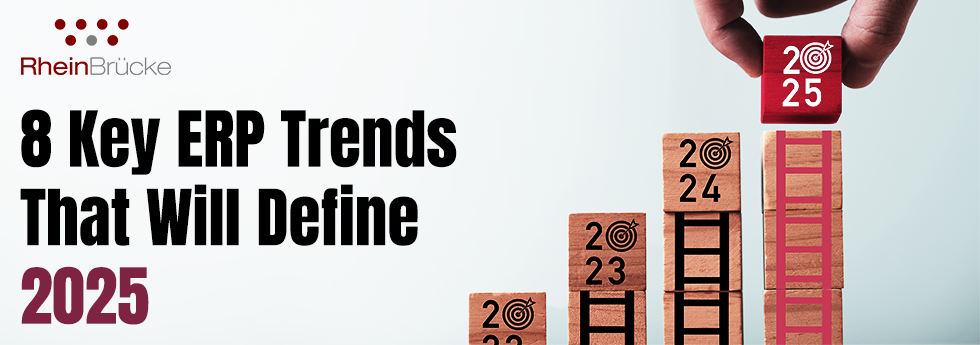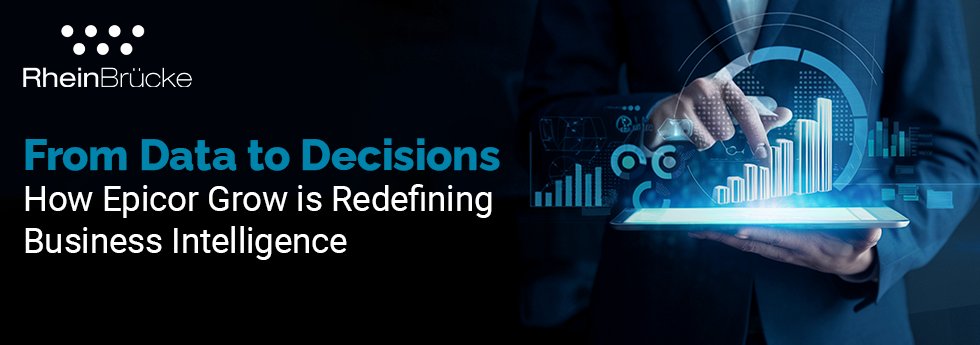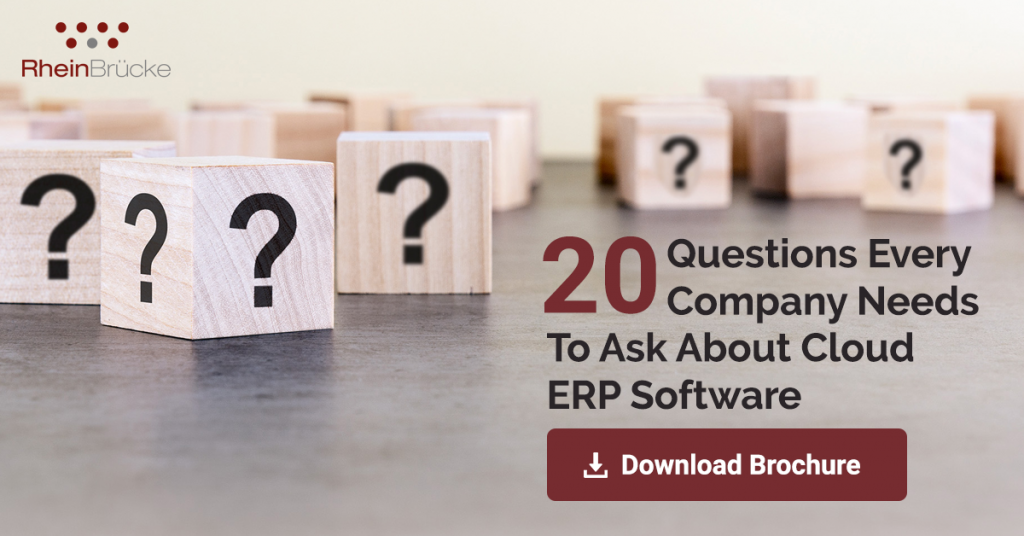
Digital technology moves faster than most business plans. Tools that felt cutting-edge two years ago can now seem outdated, and customer expectations are constantly shifting. In this environment, the question isn’t just how to go digital, but how to stay digital-ready. A future-ready digital strategy is less about adopting every Continue Reading

